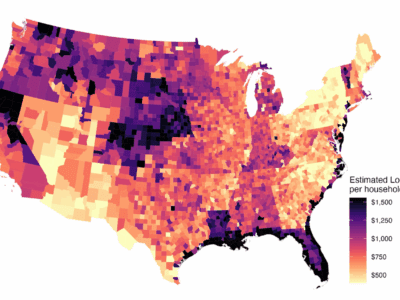Driving Sustainable Energy Storage Technology
Maximizing the Environmental Utility of Battery Storage: Building a Life Cycle Assessment Framework
Battery energy storage is recognized as a key element of making our energy infrastructure more sustainable and resilient. Battery storage, however, encompasses many technologies–how should sustainability-minded agencies, utilities and storage developers choose among these options? UCLA’s Emmett Institute and the UCLA Institute of the Environment and Sustainability is hosting an interactive workshop on that question on Friday, October 23 from 1:00-4:00 PM pacific time.
Existing and emerging sustainability assessment methods can support decision-making in this domain, but a method must be fit for the particular context in which it is used. Energy storage design and deployment is influenced by decisions of multiple actors—the utilities and community choice aggregation (CCA) programs building or procuring energy storage capacity, the government agencies reviewing or incentivizing the utilities’ and CCAs’ choices, and the energy storage developers and manufacturers constructing and operating the storage facilities.
A September 23rd workshop session focused on the decision context. During that session we examined the differing technical, business, and legal goals, needs and constraints the relevant actors face in their decision-making. With this context in mind, the October 23rd session will explore the range of methods available to support assessment and selection of battery energy storage, including methods such as life cycle assessment (LCA), sustainability indices, and decision analysis. The workshop will be highly interactive, consisting of short presentations, panel discussions, and breakout sessions involving all participants. For more information and an agenda, contact Tim Malloy at malloy@law.ucla.edu. To register, use this link.







Reader Comments